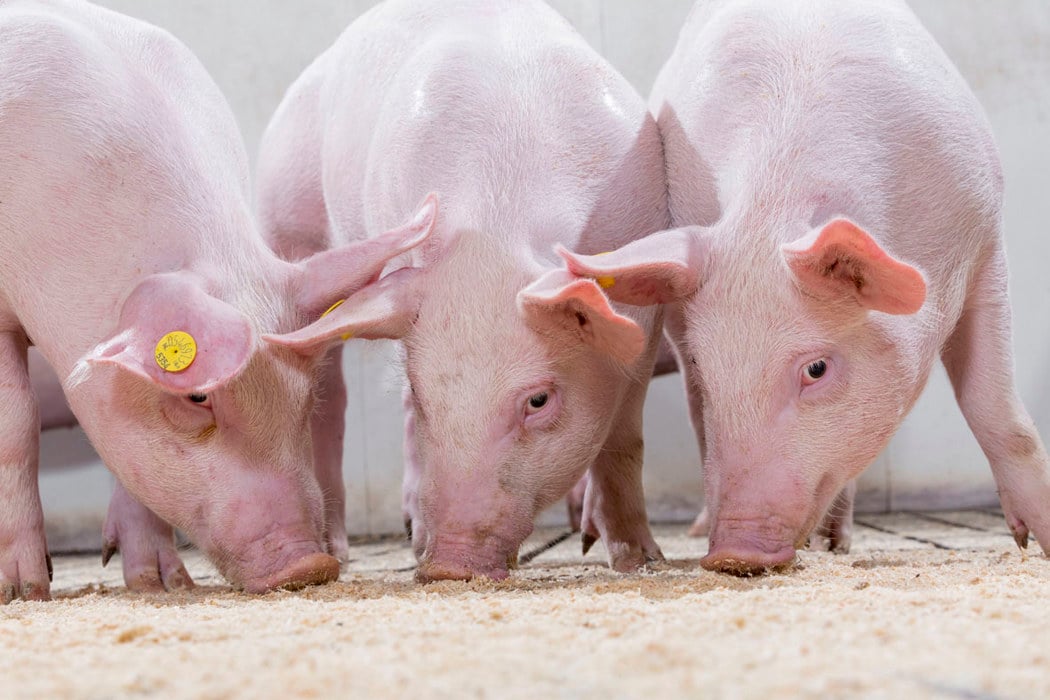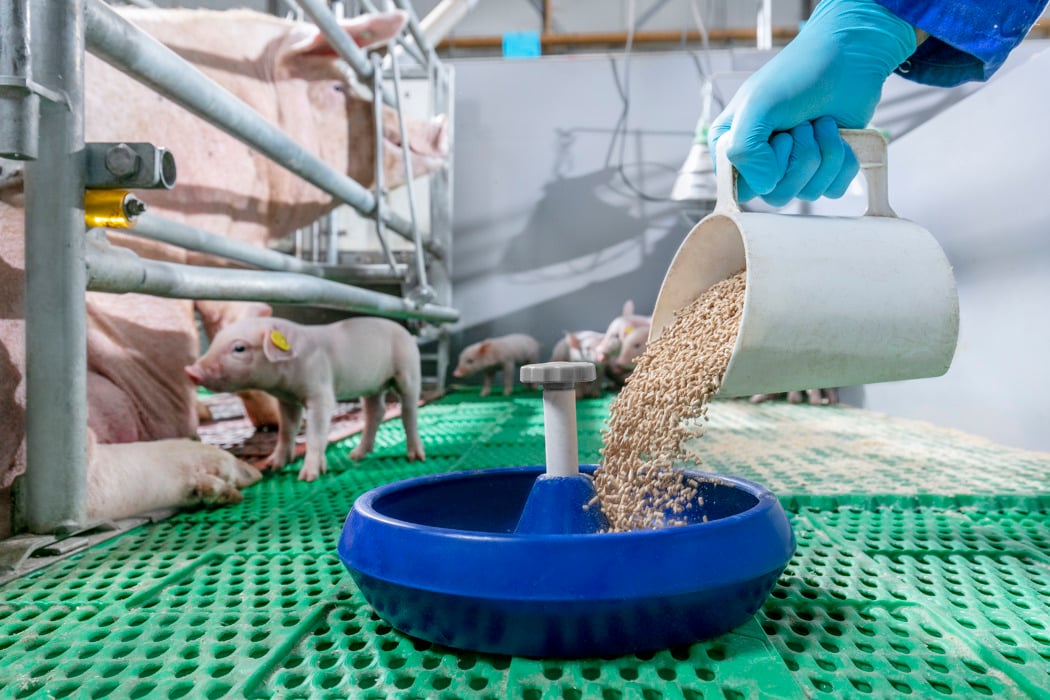
Global Health & Development Threat
Antimicrobial Resistance (AMR) is the number one global public health issue of our time, affecting both human and animal health. AMR occurs when a microorganism changes in ways that cause the medication previously used to cure infection to become ineffective. The number of human deaths as a result of AMR is rising globally.
In addition to the human threat, animal producers around the world are experiencing the consequences of less effective treatment possibilities for their animals, resulting in increased mortality rates and low feed efficiency.

Antimicrobial Reduction in sow management
Less effective treatment possibilities due to antimicrobial resistance can result in lower health status on the farm, increased cost of medication, and reduced performance of the animals. Additionally, antimicrobial resistance affecting the maternal sow also impacts her offspring. For example, recent findings indicate that oral antibiotic treatment of sows has a negative impact on piglets’ intestinal microbiota composition and morphology, affecting their performance later in life.
Trouw Nutrition aims to discover new methods that substantially reduce reliance on antibiotics and improve animal health and productivity.

